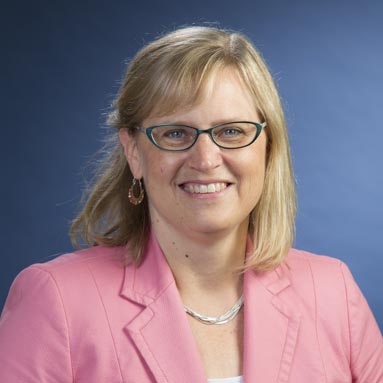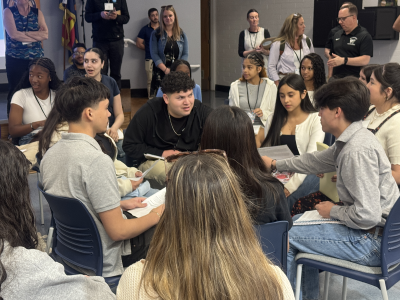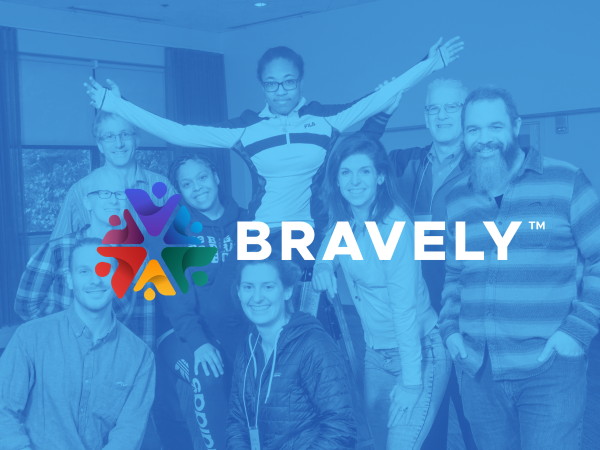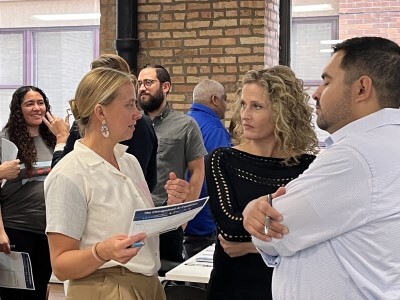Professional Learning
Using Data to Drive Instruction: As Easy as Washing Your Hands
Topics
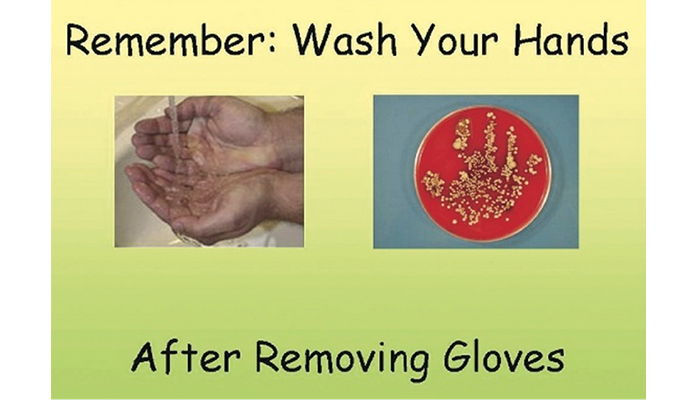
Educators are the lead learners in schools. If they are to enable powerful, authentic, deep learning among their students, they need to live that kind of learning and professional culture themselves. When everyone is part of that experiential through-line, that’s when next generation learning thrives.
Learning from teachers who have changed their practice through their use of online tool ASSISTments, to use data and give students immediate feedback.
In this blog I am not going to write about our online computer tool ASSISTments, how great it is, how it can help teachers use data to drive instruction, give students immediate feedback, and provide researchers with a platform to run studies. To learn more about ASSISTments you can go straight to our website.
I will write about the teachers who have changed their practice through their use of ASSISTments. We have been fortunate to have received over 12 million dollars in research funds to develop and study ASSISTments. It was not until our NGLC Wave II funding however that we received any funds to focus on outreach and support of our tool. We have learned three things after entering the world of ASSISTments teacher training.
First. There are pioneering teachers who will learn anything if it is going to help them give the feedback they want to give to their students and if they are going to get immediate informative data to inform their instruction. There are hundreds of teachers who spent their own time using our online lessons and successfully learned ASSISTments. Julie Schoenfeld is a case in point. But this is not the norm. If a principal or a typical teacher wants to adopt ASSISTments they will need more than a few online lessons to succeed.
Next. Change is really hard especially if you are a busy teacher with a myriad of responsibilities. Once a teacher develops a routine, it is difficult to change that routine even if what she is doing is not as effective as it can be.
Lastly. Sustained in-school support, such as the support someone gets from a personalized trainer, not one day or week long trainings separated from the normal school day, will help to foster change.
To demonstrate how hard it is to change let’s take a look at a change proposition that you think everyone would buy into. Before the understanding of germ theory, washing hands was not an important activity for doctors. It was reported in a Freakonomics article that in 1847 Ignax Semmelweis noted from observations that hand washing reduced infection. Later it was shown that hand washing does save lives. But in a recent study it was shown that doctors only washed their hands 9% of time. It was also shown that announcements, reminder memos, and even financial incentives did not get doctors to change. What finally got the doctors to change their hand-washing practice was showing them samples of cultured bacteria from their own hands. They were not shown just once; instead they were shown in a sustained way. Before and after bacterial images were displayed each time they logged in to the computer and the images of the non-washed hands were used as computer screen savers.
It is clear that hand washing by doctors will save lives. It is also clear that when teachers change their teaching style and give students immediate feedback and then use data to inform instruction, student learning improves. We also know that immediate feedback and the use of actionable data are hard without the support of computers (just like doctors need sinks and soap). So lets put the issues of these doctors and our teachers side by side.



As a result of this realization, at ASSISTments we have changed the way we support teachers. We are no longer teaching day-long introduction workshops. We do informational hour long presentations since that helps people learn about our mission and our vision but we don’t expect anyone to leave an expert. We now offer a coaching program for schools to help teachers get the sustained support they need. We have modeled this after a training program we are running in the state of Maine as part of a 3.5 million dollars efficacy trial. We also do day-long trainings only for teachers who have started the process on their own and are using the system. They are ready to get the support we can give.

